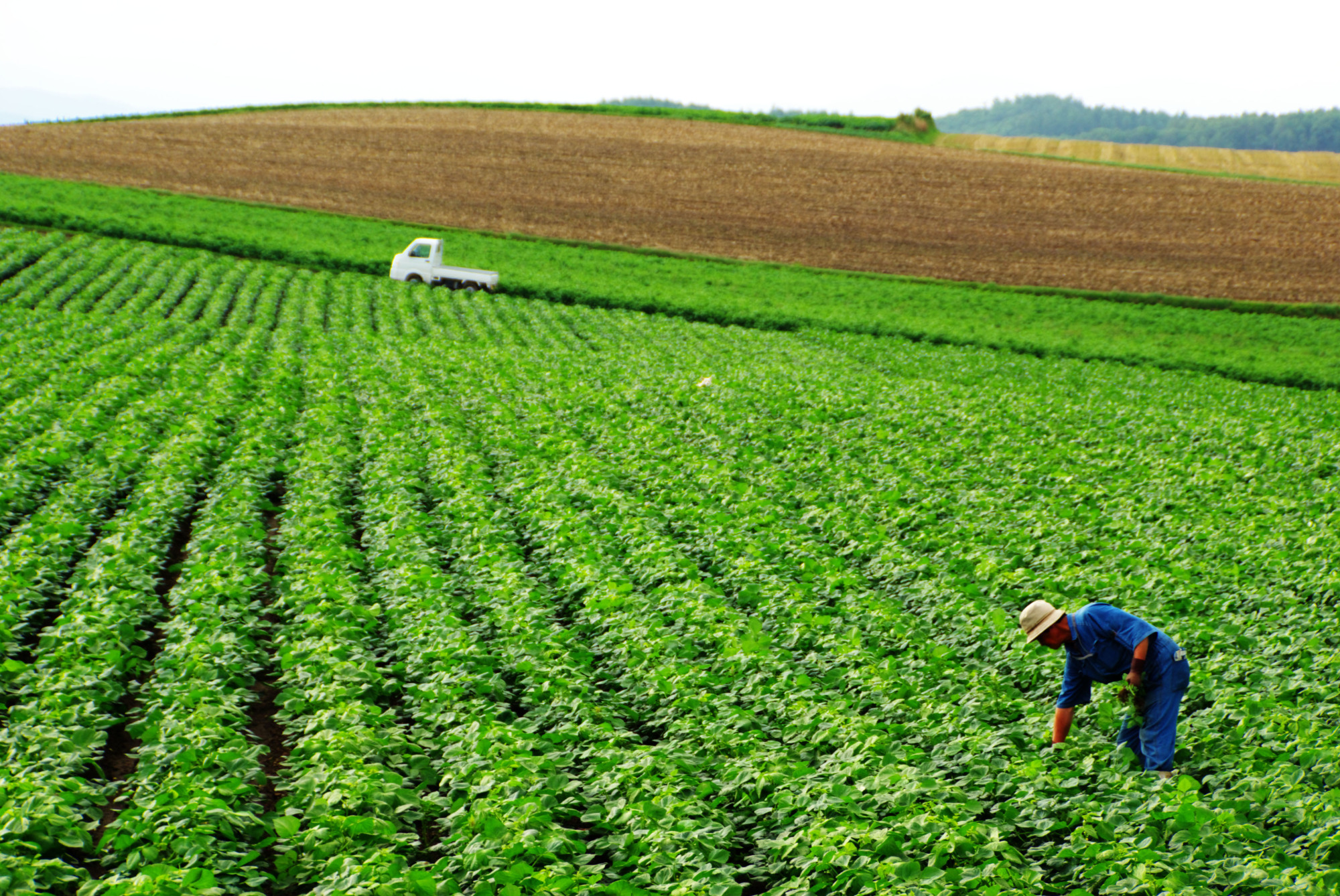Japan's food security may be put at risk with the abolition — effective April 1 — of the Main Crop Seeds Law, which obligates the national and prefectural governments to ensure a stable supply of seeds for rice and other principal agricultural products. Despite the risk that the move brings, much of the media has not shown interest in the issue and little has been reported.
Under the 1952 seeds law, which was aimed at boosting the harvest of staple foods such as rice, wheat and soybeans, agricultural experimental stations — public research institutes under the national and prefectural governments — designated the seeds of improved breeds as recommended seeds and sold them at a low cost to farmers.
With the abolition of the law, there is the possibility that the functions of these agricultural experimental stations will be reduced and that the prices of seeds will increase because they will no longer receive government subsidies.



